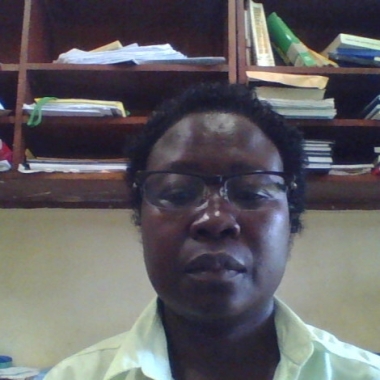

Climate change driven by anthropogenic activities is having a significant impact on the natural ecosystems worldwide. Changes in temperature, land and water bodies are increasing the frequency and severity of extreme weather events and natural disasters such as floods, droughts and famine. This has a proportionately detrimental impact on women. This is because most women are dependent on local natural resources for their livelihood and hence are most affected by climate change. Similarly, impacts of cities and human settlements differ by gender. Therefore, this project is intended to tap of experiences of women to address climate change and sustainable cities and communities. Gender equality and the empowerment of all women is a goal as well as a driver of other sustainable development in different ways including ending poverty because women are among the poorest of the poor, climate change effects and gender equality among others. Using design based approach and involving women, this project will identify interventions to address for adaptation and mitigation of climate in selected areas in Asia. Interventions that will empower women to live in cities is important to attainment of SDG 11 will be identifies. Urban environment discriminates women in terms of access to clean water and sanitation and because most women live in slums due to low income.